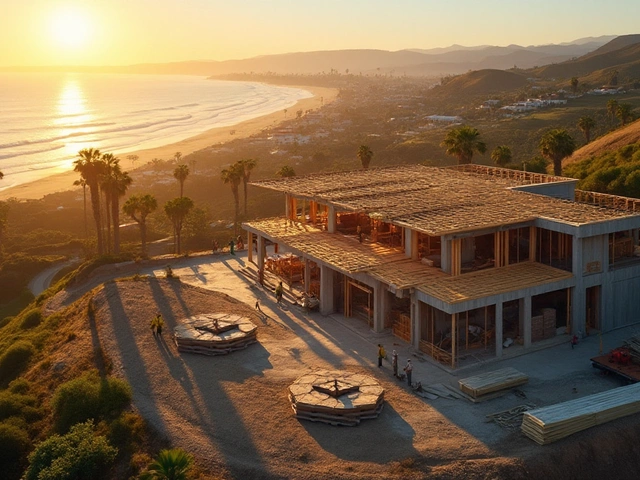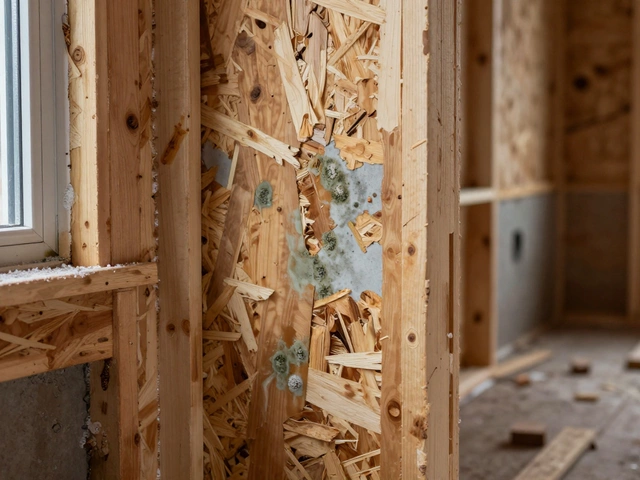Zoning Basics for Builders: Know the Rules Before You Build
Ever started a project only to hit a wall because the land was zoned for something else? That happens a lot, and it usually means wasted time and money. Zoning is the set of rules a local council uses to decide what can be built where. Knowing the basics up front saves you from nasty surprises.
Why Zoning Matters
First, zoning tells you if a house, a shop, or a warehouse is allowed on a plot. It also controls things like building height, setbacks from the street, and how close you can get to a neighbor’s fence. If you ignore these limits, you could be forced to tear down work you’ve already done.
Second, zoning affects your budget. A plot in a residential‑only zone might need a special variance if you want a commercial space, and those applications cost money and time. Knowing the zone early helps you plan realistic costs.
How to Navigate Zoning Requirements
Start by grabbing the zoning map for your area. Most councils put these online, and they’re usually a quick PDF download. Look for the code that matches your address – it’ll be something like R1, C2, or M‑Industrial. Each code has a short guide that lists what you can build, the max building height, and required setbacks.
If the guide says you need a variance or a change of use, don’t panic. Prepare a simple package: a site plan, a brief description of what you want to do, and why it fits the community. Most councils have a form you fill out and a fee to pay.
Talking to the planning officer early can clear up a lot of confusion. They can point out hidden restrictions like flood zones or heritage overlays that aren’t obvious on the basic map. A quick call can save weeks of back‑and‑forth later.
Don’t forget to check if the land is part of a larger development plan. Some areas have future road expansions or green space commitments that can change what you’re allowed to do.
Finally, keep a copy of all approvals. If you ever sell the property, the new owner will want proof that the work was legal. It also protects you if a neighbor challenges your project.
Bottom line: zoning is the rulebook for where and how you can build. Grab the map, read the code, talk to the planner, and keep paperwork tidy. Do that, and your project will stay on track and on budget.
What Makes a Building Commercial? Key Signs and Simple Insights

Ever wondered what actually makes a building 'commercial'? This article breaks down the main differences between commercial and other types of buildings, using straightforward terms. Discover how zoning, design, regulations, and real-life examples come into play. Get practical tips if you’re looking to buy, lease, or build a commercial property. Walk away with fresh perspectives on a topic that affects nearly every business owner out there.
read moreCommercial Construction: What Makes a Building 'Commercial'?

What really defines a commercial building? This article breaks down what separates commercial from residential properties, focusing on construction rules, uses, common types, and the red tape involved. You'll get practical tips for figuring out if your project counts as commercial, plus warnings about common pitfalls. It's designed to help anyone—from small business owners to developers—spot the signs and steer clear of costly mistakes.
read more



